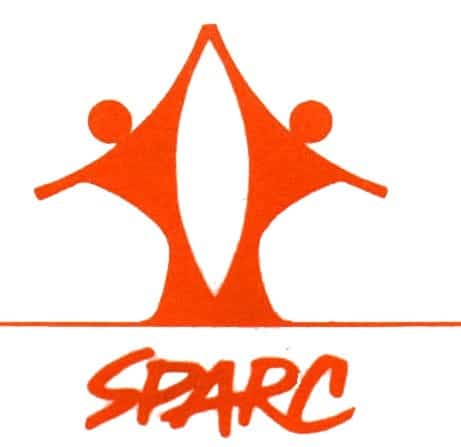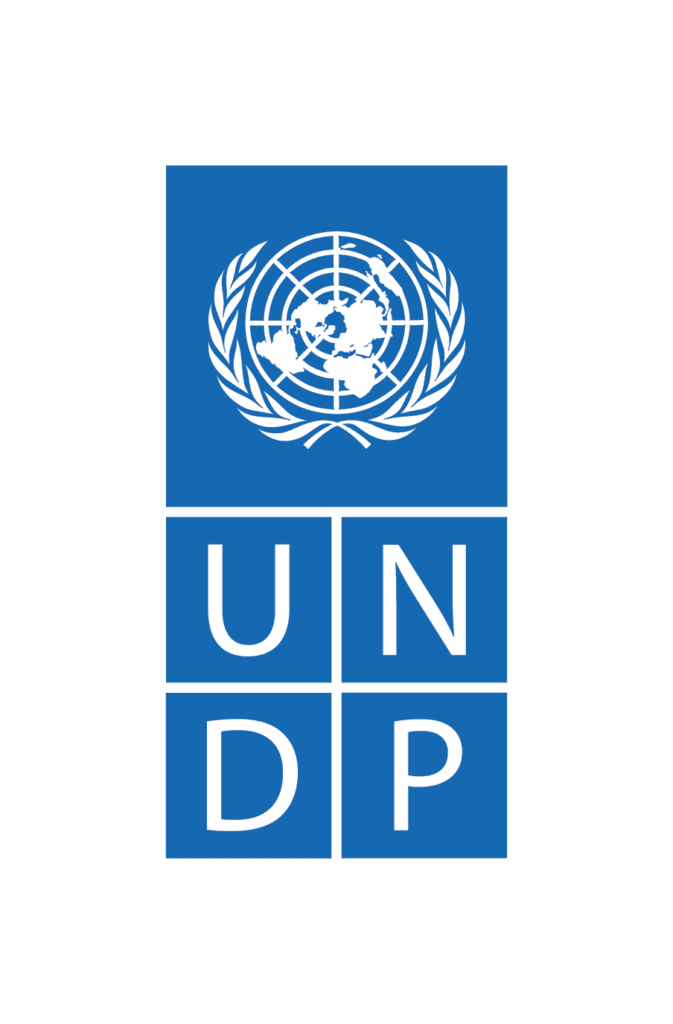- About AVPN
-
-
-
About AVPN
Who We Are
We are a leading ecosystem builder that is increasing the flow of financial, human, and intellectual capital from Asia and around the world into the social sector in Asia. We provide a network of peers, rigorous learning programmes, and innovative capital mobilization opportunities that make sure resources are more effectively deployed.
-
-
-
- Members
-
-
-
Membership Benefits
Unrestricted access to AVPN research reports and case studies
Access market-specific snapshots and opportunities
Increased visibility for events, programs and insights via AVPN website, blog, newsletters and social media channels
Leverage the AVPN platform to bring under-represented social issues top of mind for more than 600 social investors
-
-
-
- Resources
-
-
-
Resources
Highlights of the week
Trust-Based Philanthropy
In the face of increasingly complex and, sometimes rapidly, changing needs on the ground, it is crucial to take a step back and reconsider the status quo.
APAC Sustainability Seed Fund 2.0
By leveraging the success of the first round of the APAC Sustainability Seed Fund, AVPN continues to mobilise continuum of capital into supporting climate solutions in the region.
Faith and Giving
Faith, and the values, belief systems, moral codes, and religious doctrines, that underlie it, shape much of philanthropy across the world. From addressing needs in underserved communities to investing in sustainable energy solutions, faith-aligned givers are demonstrating that compassion can be a catalyst for a more just and equitable world. However, the fundamental drivers of faith-aligned giving often remain unexamined.
-
-
-
- Markets
-
-
-
Markets
We are a leading ecosystem builder that is increasing the flow of financial, human, and intellectual capital from Asia and around the world into the social sector in Asia. We provide a network of peers, rigorous learning programmes, and innovative capital mobilization opportunities that make sure resources are more effectively deployed.
Explore Markets
-
-
-
- Impact Communities
-
-
-
Impact Communities
-
-
-
- Capital Mobilisation
-
-
-
Capital Mobilisation
Featured Deals
Socio-Economic Empowerment of Women
Climate Action and Environment, Education, Financial Inclusion, Gender, Livelihood and Poverty Alleviation
Solve Education: Education through Innovative Learning Platform
Education, Employability, Livelihood and Poverty Alleviation
Lotus Petal Sr. Sec School, Gurugram
Education, Employability, Health
IT Training Against Poverty in Cebu
Education, Employability, Livelihood and Poverty Alleviation
IT Vocational Training Against Poverty
Education, Employability, Livelihood and Poverty Alleviation
Gigatonne: Addressing Problems within the Carbon Credits Market
Climate Action and Environment, Financial Inclusion, Gender, Livelihood and Poverty Alleviation
-
-
-
- Events
-
-
-
Events
Upcoming Events
UN Global Compact 2024 Climate Ambition Accelerator Final Registration
30 April 2024
Restoring Equilibrium: SVCA 2024 Annual Conference – Seeking Balance in A Turbulent World
16 May 2024
-
-
-
Closing the Loop
SPARC is working on a nature-based decentralized sewage and wastewater system for villages adjoining waterbodies and recycling it for farming and fishing, in the peri-urban Mumbai Metropolitan Region.
By

Society for Promotion of Area Resource Center (SPARC)
Click here to learn more about the Impact Organisation
This is member exclusive
content. Click here to unlock
Social causes
Beneficiaries
SDGs covered
Endorsed by
Market of Implementation
- India
Problem
In peri-urban Mumbai Metropolitan Region, the villages located near water bodies do not have sewage and wastewater treatment systems. These waterbodies then become polluted, which leads to their loss of life.
The absence of sewage and wastewater treatment systems greatly affects the groundwater quality, thus impacting the health of the nearby villagers. This also leads to a loss of livelihood for people who are dependent on fishing and farming in and around these water bodies. The local government and authorities often respond to such conditions by beautifying and concretizing these water bodies, which leads to the creation of urban heat islands and loss of biodiversity in the riparian zone.
It is clear that there is a pressing need to tackle the absence of sewage and wastewater treatment systems, in peri-urban Mumbai Metropolitan Region, and Society for Promotion of Area Resource Center (SPARC) has the solution for this.
Solution
At SPARC, we aim to address the absence of sewage and wastewater treatment systems in the peri-urban Mumbai Metropolitan Region. Sewage and wastewater will be treated through nature-based decentralized solutions planned along with community-based organizations that will help reduce energy consumption and emissions. This will improve biodiversity by producing nutrient-rich water for riparian flora and fauna, thus decreasing global and local temperatures.
Villagers living near these water bodies will primarily benefit from this solution, especially those belonging to the marginalized community. The recycled water can help them augment farming and fishing activities in and around the waterbody, allowing villagers to access locally produced food during extreme events. Job opportunities as construction laborers will also be available to these villagers.
For more information on our solution, do refer to our Slide Deck.
Type of Carbon Reduced/Sequestered
CO2 (Carbon Dioxide)
Amount of Carbon Dioxide Equivalent Avoided/Sequestered
1270 Mg carbon/ha can be got back in the three year of the project cycle.
Means of Measurement
The carbon is sequestered by protecting the riparian zone along these waterbodies. The total area of rich riparian bio-diversity zones being protected, assuming a 3 m buffer and 1071 waterbodies in the Mumbai Metropolitan Region, is around 18.68 hectares. Global research shows that at maturity, such riparian zones can hold 68-158 Mg Carbon/ha
Project’s Environment & Climate Capability
Climate Risk Reduction, Education and Training and Awareness on Climate Change, Policy and Administrative Management for Climate Change
















